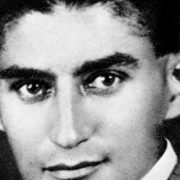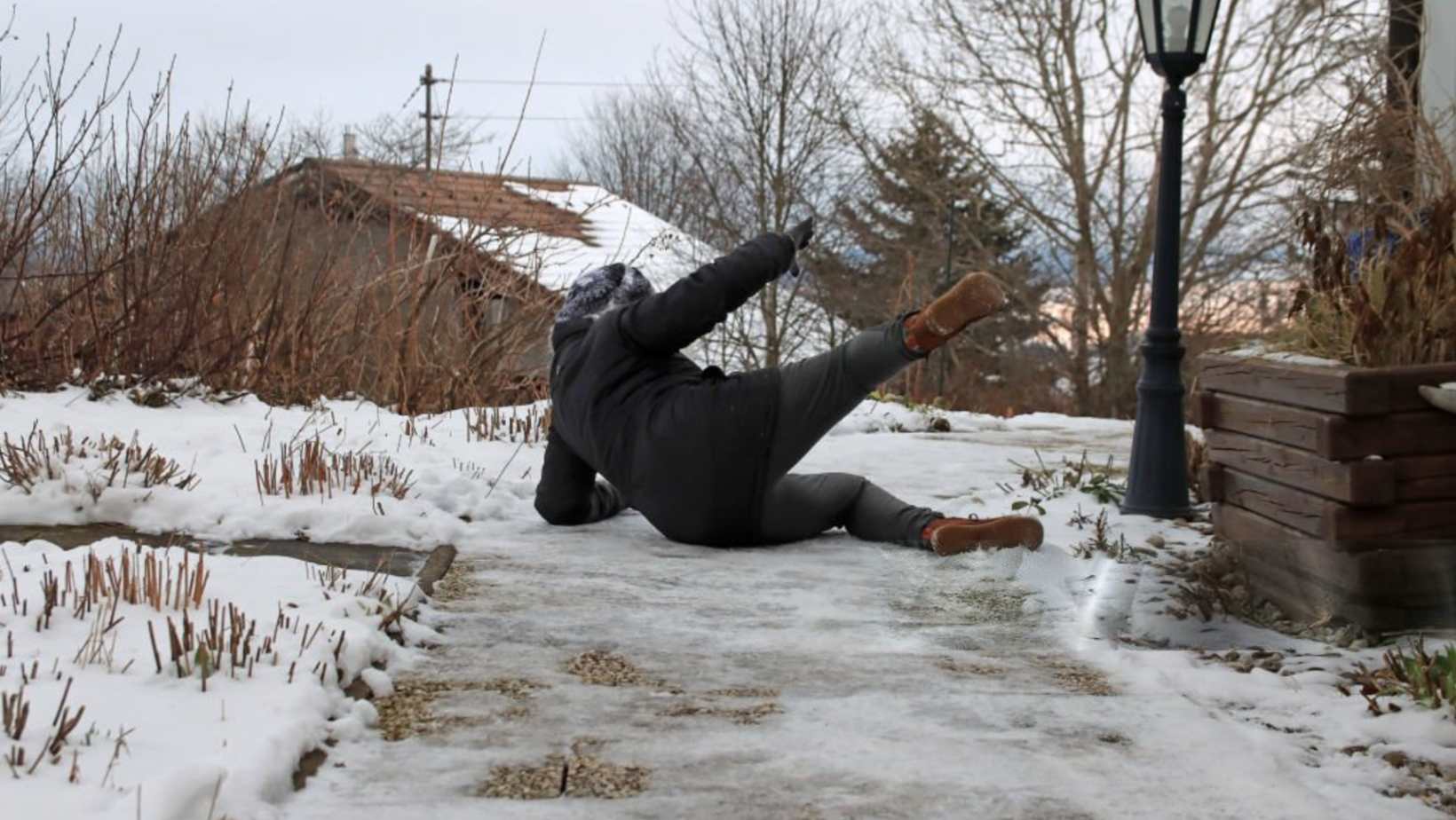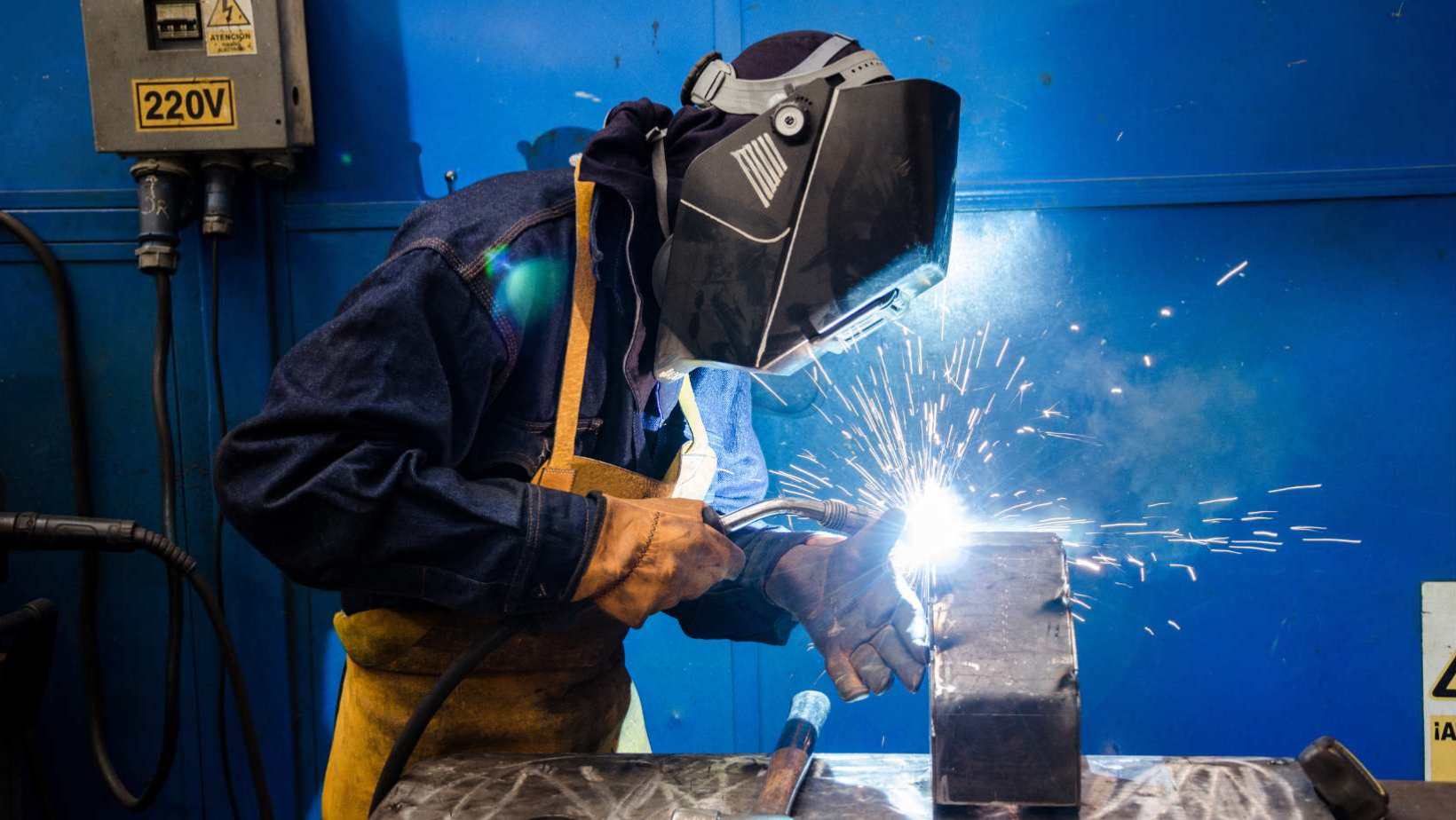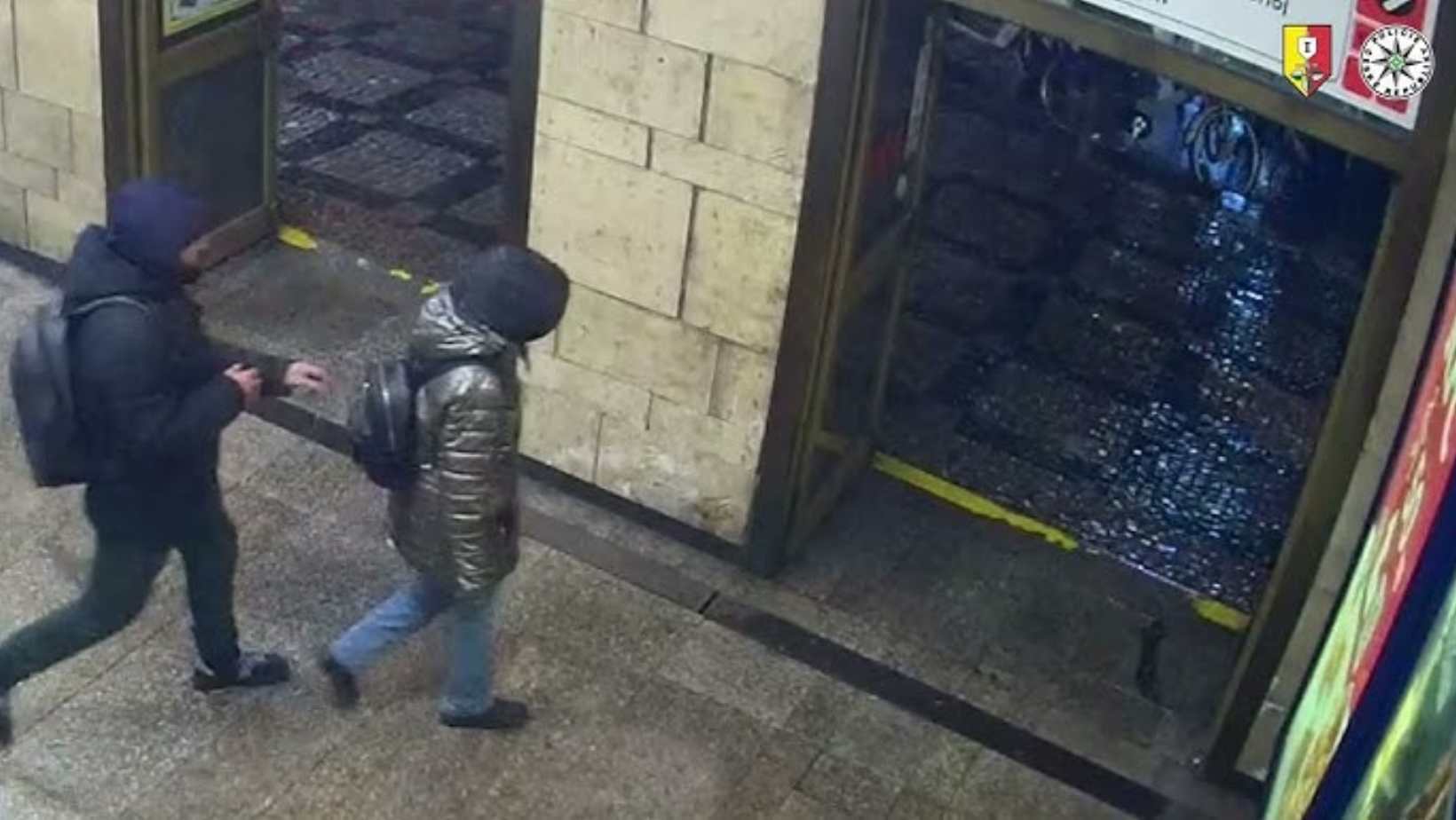Franz Kafka is a man of mystery. He is a man of many written words, but most stories remained unfinished. Somehow this bizarre Jewish author from Prague still fascinates the world with all his literary, psychological and philosophical thoughts in his dark works.
Are his words the result of complicated thinking and want to suggest something? Or are they merely parts of his depressions thrown on paper and immortal in this form? He died too young for us to know.
Regardless, his works are debated and allow for deep thinking about human life and society as a whole. In order to decode the books, so to speak, we must understand Franz Kafka’s past.
Early Life
Born in the Old Town of Prague in 1883, Franz always called Prague home. He lived in many different parts of the world, but his heart belonged here. Growing up, he spoke and wrote in German because his parents Hermann Kafka, who was a jeweler, and Julia Kafka assimilated to the German environment.
Franz (whose full name is František) was the oldest of six—two brothers and three sisters. Because they were Jewish, many of his family members ended up in Terezin and later Auschwitz during World War II. Franz did not see this fate of his family members, as he passed away before Hitler came to power.
Education and Work Life
Franz went to the German Karlo-Ferdinand University, where he studied law and met his best friend Max Brod. After graduating, he joined the insurance company in Wenceslas Square, where he moved to Worker Insurance Accident Insurance Company for the Czech Kingdom in Na Poříčí. He began as a clerk and then a secretary until he retired early in 1922 before he turned 40.
This allowed him to focus on his only true passion—literature. He was first published in Max Brod’s almanac Arkadia and then appeared occasionally in Berlin’s Hyperion magazine. He passed away of tuberculosis in 1924, so he only had two years to work on his writings.
Late Life
He was diagnosed with tuberculosis in 1917. As an animal lover, he was always a vegetarian. However, meat was necessary to add to his diet when he became ill. His favorite sibling, his sister Ottillia, took over his vegetarianism when he was sick.
As a Zionist, he taught in Hebrew, read the Zionist newspaper in Prague and dreamed about living in the Israeli Earth. He was very politically involved and went to jail once for political actions, but paid bail the next morning and went to work. Franz was engaged several times and spent the end with Dory Diamant from an Orthodox Jewish family. Yet, he never married.
When he was nearing the end, he told Diamant to destroy all of his unfinished works. However, Max Brod did not know of this wish and published all of his works. Everyone is forever grateful Brod did.
His Works
The Metamorphosis is his most famous literary work. The protagonist, Gregor Samsa, turns into a cockroach and is gradually rejected by his family until he finally dies.
The Trial is another well-known read of his where Josef K., a man arrested and prosecuted by a remote, inaccessible authority, with the nature of his crime revealed neither to him nor to the reader the entire novella. It ends with a full stop, as it was not completed.
His third best-known novella is The Castle. The main character, only known as “K.,” arrives in a village and struggles within society with the authorities who govern it from a castle. This was also left unfinished, but it is suggested K. would end up dying in the village and the castle notifying him on his deathbed that his claim to live in the village was not valid.
All of his stories revolve around morbid topics, religious symbolism, satirical struggles with society, the idea of being an outcast, and acceptation. Franz himself struggled with mental illness
Kafka is buried in the New Jewish Cemetery in Prague 3. Reflect and pay respects to him this All Souls’ Day.
Author: Meredith Hessel
-
NEWSLETTER
Subscribe for our daily news










